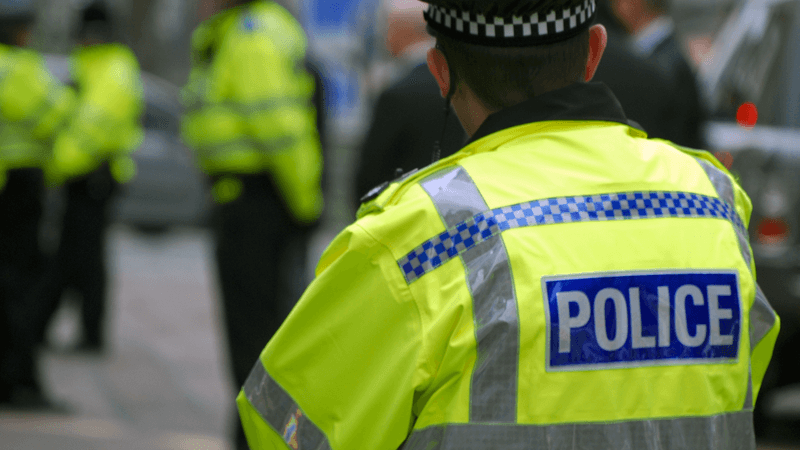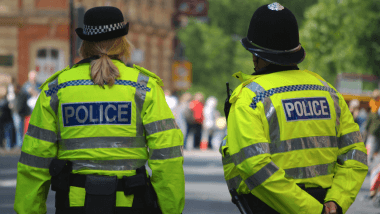Police officers must do better to protect free speech when people claim to be offended, the College of Policing has said.
The College has released new interim guidance to help officers deal with complaints from members of the public who believe a comment has been made which was motivated by hostility. It will remain in place until the Government approves a new code of practice, probably in early 2023.
It follows a Court of Appeal ruling last year, which stated that previous guidance on recording ‘non-crime hate incidents’ unlawfully interfered with free speech.
‘Trivial, irrational’
The new guidance raises the threshold for recording the incidents by stating that complaints should be dismissed “where they are trivial, irrational, or if there is no basis to conclude that an incident was motivated by hostility”.
It adds that “individuals who are commenting in a legitimate debate – for example, on political or social issues – should not be stigmatised because someone is offended”.
The guidance also advises that, when speaking to a complainant, the call taker should only use “non-crime terminology”, stating: “do not use victim, witness, or suspect”.individuals who are commenting in a legitimate debate should not be stigmatised because someone is offended
Legitimate debate
One of the Court of Appeal’s objections to the previous guidance was that recording incidents involving debate on political or social issues was likely to have had a serious “chilling effect” on freedom of expression.
In response, the new guidance tells police officers: “Disagreement and debate do not mean that hostility is present.
“An incident should only be recorded where there is a firm basis for the perception that the speech demonstrates hostility against a monitored strand or protected characteristic.”
It highlighted that the right to hold and express controversial or unpopular views is protected by law, reiterating: “Even where the speech is potentially offensive, a person has the right to express their personally held view in a lawful way. Disagreement and debate do not, on their own, indicate hostility.”
Safeguarding free speech
Announcing the shift, the CEO of the College of Policing Chief Constable Andy Marsh, said: “The public rightly expect the police to focus on cutting crime and bringing criminals to justice. While we work to protect the most vulnerable in society, we also have a responsibility to protect freedom of speech.
“This updated guidance puts in place new safeguards to ensure people are able to engage in lawful debate without police interference.”
Deputy Chief Constable Mark Hamilton, who is Hate Crime Lead for the National Police Chiefs’ Council, said while hateful incidents which do not constitute a criminal offence can cause harm, “we must make sure that our responses are proportionate, so that human rights freedoms are protected, while also safeguarding members of the public”.
individuals who are commenting in a legitimate debate should not be stigmatised because someone is offended
Policing offence
The Christian Institute’s Deputy Director Ciarán Kelly said: “For too long, non-crime hate incidents have been used as a weapon to shut down legitimate debate on issues such as transgender ideology and sexual orientation, but it’s not the job of officers to police perceived offence”.
Toby Young, founder of the Free Speech Union, called it: “a major step forward”.
Priti Patel tells police: ‘Let people express their lawful views’
Police guidance on ‘non-crime hate incidents’ is unlawful, Court of Appeal rules
Priti Patel calls for review of police approach to ‘hate incidents’


